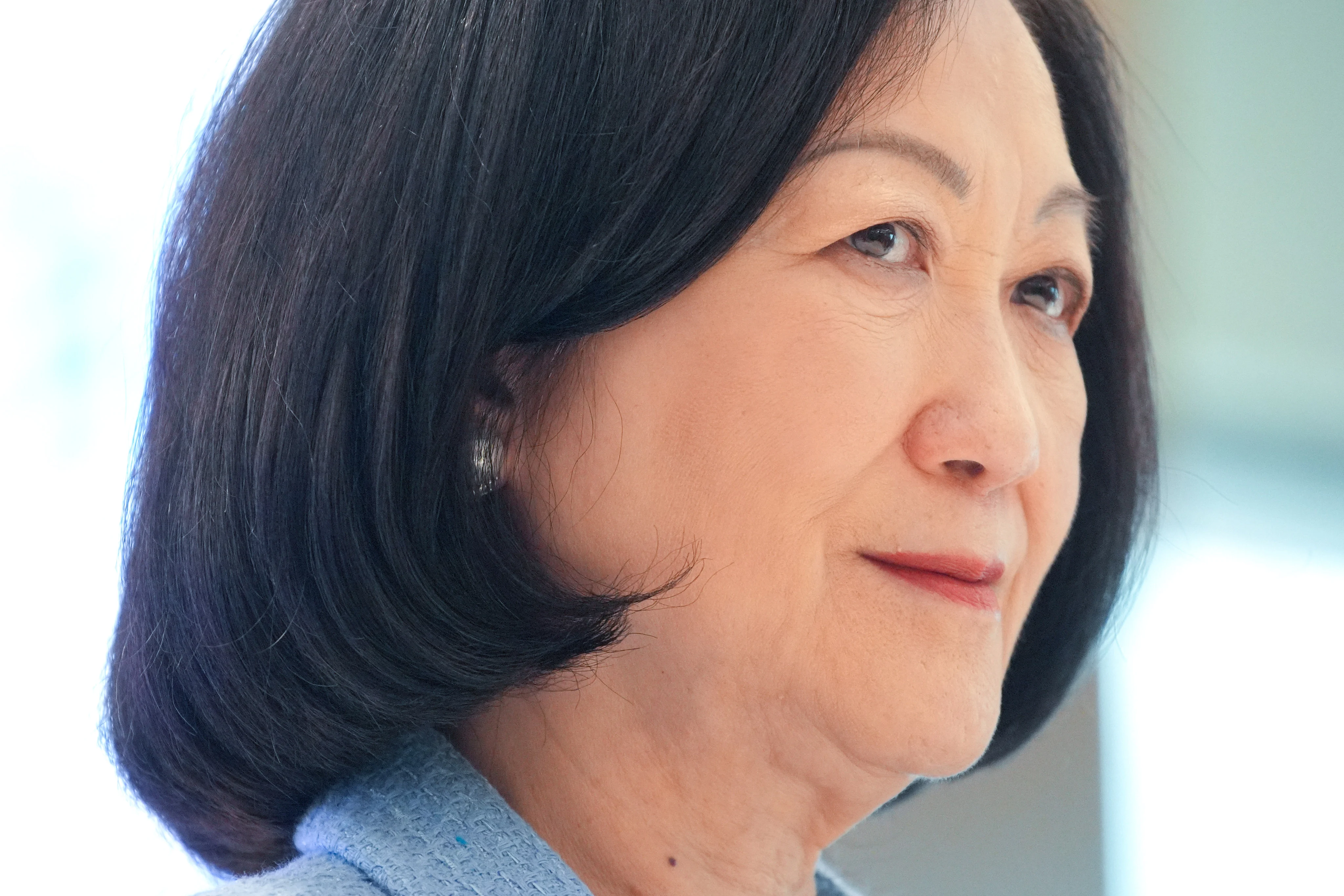Copyright scmp

Regina Ip Lau Suk-yee has given so much of herself to the Hong Kong community that she once even shared images of her insides with the public. Back then, I commended the then 65-year-old Ip in this space for the “beauty” of her digestive system and for her openness in sharing images of her colonoscopy on Facebook. She wrote back, thanking me for supporting her mission to raise public awareness of colorectal cancer, at a time when then chief executive Leung Chun-ying was planning to introduce free tests. Colorectal cancer has been among the top three most common cancers and the second leading cancer killer in Hong Kong. The free tests were an early warning system that probably saved many lives. Like many locals, I have long had a love-hate relationship with Ip. She is the funniest unfunny person I have ever met. Her social media posts are endless sources of memes. Now, though, as she has announced she won’t seek another term, we are going to miss her in the Legislative Council. Ultimately, I find her to be a tragic figure. She was either too early or too late for the evolving Hong Kong political system after the 1997 handover. She made no secret that she wanted to be chief executive, trying twice but failing both times to win the required Election Committee votes to be a viable candidate. She was certainly qualified, but her blunt style often undermined her public relations, and she didn’t have the necessary support or connections from the powerful corporate and property sectors. During much of the post-1997 period, the opposition was only interested in political theatre while most of the people who ran the government had neither style nor substance. Back then, most of us mistook wreaking havoc in the legislature for opposition, a civil service for government, and senior bureaucrats for leaders. Would Ip have made a good chief executive? Hard to say, given the postcolonial political system that was, for a long time, a work in progress under the Basic Law. Until the recent introduction of the national security law and revamp of the electoral system, anyone taking on the job of chief executive had to face unprecedented challenges. But I don’t begrudge her for trying. To rephrase Robert Browning’s famous line, “A woman’s reach should exceed her grasp, or what’s a heaven for?” A product of the British colonial system, she became the city’s first woman director of immigration, a senior job she continued to occupy after the handover. She then became its first female secretary for security, from where she met her Waterloo. Internal security legislation under Article 23 of the Basic Law proved to be her downfall, not so much because of her personal failure to implement it but because she was given what we now know to be a suicide mission. Many naive Hong Kong people then had no sense of foreign intervention or interference, and some even welcomed it when told about it. The pro-Western opposition exploited the distrust and paranoia of the public against Beijing and masterfully mobilised the masses against Article 23 legislation, which was constitutionally required and was no more repressive than most domestic security laws in Western democracies. The then chief executive, Tung Chee-hwa, was a political novice; he had neither the political standing nor ruthlessness needed to pass the legislation. As the face of the government most directly responsible for the proposed legislation, Ip was made to fall on her sword. That would have been the end of lesser political figures. Ip went overseas to study, which was actually more like a self-imposed exile. She returned with a complete personal makeover. From haughty government official, she became one of the most approachable establishment legislators, always good for a quote for a reporter, and one of the few who actually read the government’s briefing papers handed out to lawmakers. Despite her usually conservative and patriotic political views, she was a strong advocate of LGBTQ rights and a supporter of the 2023 Gay Games in Hong Kong. She founded the Savantas Policy Institute, a think tank, and the New People’s Party, which became a significant force in the legislature and trained a generation of political operatives. She has been the convenor of the Executive Council, sometimes described as the government’s cabinet. It’s hard to find anyone who could match her policy expertise and experience in the public sector. Her contradictions are what make her human and relatable, unlike most other public figures. For all her deep flaws, there is greatness in the woman.



